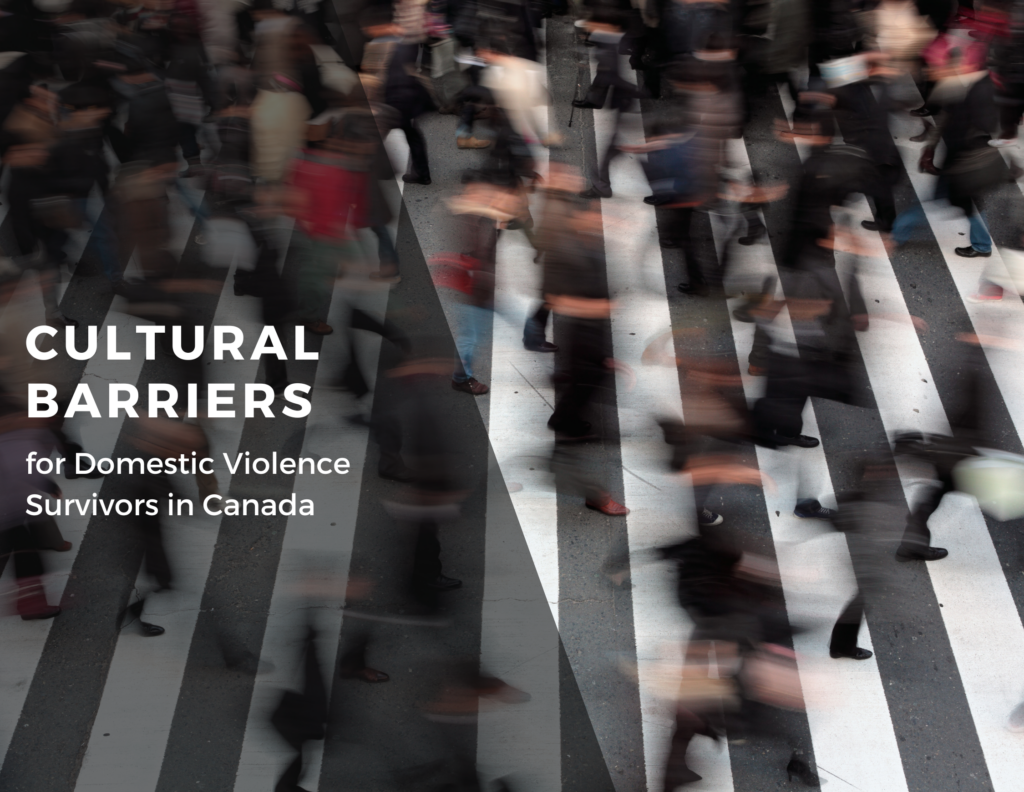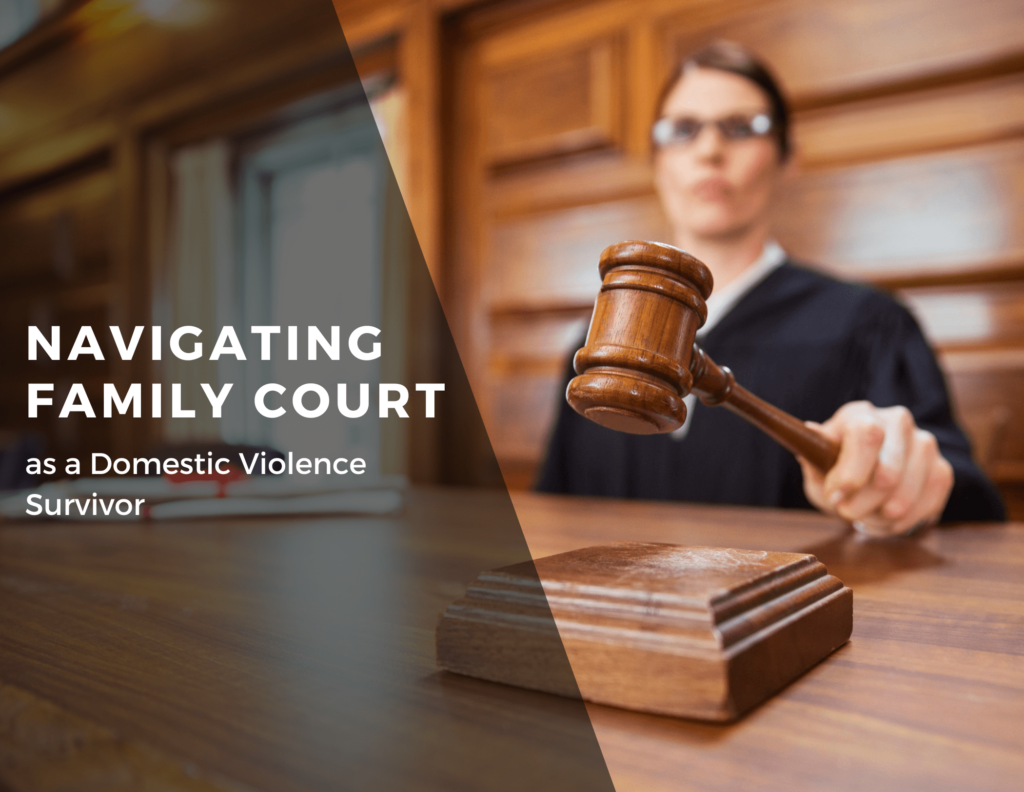Life after abuse: What happens after leaving?

What does life after abuse look like?
Life after abuse varies significantly from person to person. It’s a common misconception that everything is fine after leaving an abusive relationship. Although things improve, it’s usually an extremely challenging time for survivors. From recovering from the psychological effects that abuse leaves on victims to adapting to a completely different life, recovering from abuse is a long journey that is best started sooner rather than later.
If you’ve ever wondered what life after abuse looks like or are considering leaving an abusive relationship, this article will help you understand what it’s like to be a survivor of abuse and either help someone who is going through it or better prepare yourself.
Starting a new life after abuse.
After deciding to leave an abusive relationship and find a safe way to leave with their children and pets, some survivors have to move to a different city or country due to safety reasons, which means starting all over again.
After solving the biggest issues such as finding a new place to live, a school for the children, getting a new vehicle, and a new job, many survivors declare that it is the smaller things that make it very difficult to start anew. Not finding the same products in the supermarket, or not having access to the same services, makes them feel shaken to their core because it is sometimes those smaller things that keep us together when things are hard. Not having some of the everyday comforts that make us feel grounded can make it feel like everything is even worse than it is. When you add that you are going through the biggest breakup of your life or a divorce, it makes for one of the most difficult times a person can go through.
However, being out of the abuse and slowly building new positive relationships starts making things feel better until the survivors find themselves living a significantly better life than the one they had previously.
Recovering from financial abuse.
Depending on how their situations are resolved, victims who were financially abused have to recover from deeply impactful blows to their finances. Many survivors of life after abuse have to declare bankruptcy after being financially abused, which is a mark that will follow them for life. Others have to pay debts for years on end, which makes starting a new life even harder. Some others won’t pay back the accrued debt and live with an unusable credit score, making it much harder to get a new car, and nearly impossible to get a new house.
The depth to which financial abuse impacts its victims has lingering effects that can last years or even their lifetimes, and that is why it is one of the worst forms of abuse someone can go through and one of the toughest ones to recover from.
The luckiest and better-supported survivors of financial abuse are able to win lawsuits against their abusers, which will erase most of their debt and the derogatory marks on their credit, although this is a long and costly process, which is why many don’t even start it.
The lingering effects.
Living in an abusive relationship for an extended period leaves physical and psychological effects on the survivors, which they have to slowly overcome by themselves and with the support of their loved ones. The immediate psychological effect that abuse leaves on the victim is an enormous feeling of shame caused by multiple factors of life in an abusive relationship. Survivors feel shame for the mistreatment and demeaning they suffered from their abuser, they feel shame for letting their children or pets be affected by it, they feel shame for leaving, they feel shame for staying too long, they feel shame for what other people tell them because outwardly their partner seemed pleasant.
Apart from shame, here are some other psychological consequences that abuse may leave on their victims.
- Anxiety – Experiencing feelings of unease or worry.
- Sleep disturbances – Having trouble falling asleep or staying asleep.
- Hypersensitivity to fear – Being easily startled or feeling frightened.
- Triggers evoking memories of abuse – Being reminded of past trauma by certain cues.
- Challenges in interpersonal connections – Struggling to maintain healthy relationships.
- Emotional detachment – Feeling numb or disconnected from one’s emotions.
Getting professional help will be key to overcoming all of these psychological scars left in life after abuse and will eventually lead to a better life free of shame and lingering effects.

Love life after abuse.
Recovering your love life after leaving an abusive relationship is one of the hardest challenges, as it often harbours a significant amount of trauma. Behaviors of new partners might trigger old memories or evoke similar feelings. Some victims decide not to pursue a love life at all after surviving abuse due to the stress it causes them to even be in a romantic setting with someone else.
However, restarting a love life is possible and can be one of the best ways to heal, as a healthy relationship can help you understand that your abuser was the problem all along and that you were never at fault.
Taking things slowly, being gentle with yourself, practicing safe dating, and trusting your instincts are some of the things you have to do to start dating again in a safe manner. You can read more on dating after abuse here.
Things get better.
The good news after all of this is that getting out of an abusive relationship is always the best decision, no matter how hard the process is. A new happier life awaits you. While it may be challenging, now is the time to prioritize your happiness and well-being, as well as your children’s. You are not responsible for what happened, and you deserve to feel joy and safety. What you experienced does not define you.
Healing is a journey, and along the way, you will rediscover your strength, resilience, and unique qualities. There will be ups and downs, but with each day free from abuse, you reclaim a part of yourself. Gradually, these pieces will come together to form a stronger whole.
If you are still in an abusive relationship.
You can read our blog post Leaving an Abusive Relationship: Planning a Safe Escape to identify the best ways of leaving an abusive relationship. Life after abuse is not easy. Look for your nearest women’s shelter and contact them. They can help you in many ways other than just sheltering you, they can also contact you with multiple other institutions and resources that will help you stay safe. From resources, help groups, directing you to food banks and other government programs. Domestic violence shelters are here to help you.
At Stepping Stones Crisis Society, you can always find help if you are considering leaving an abusive household in Northern Alberta, particularly in the Cold Lake and Bonnyville areas. You can reach our helpline at 780-594-3353 or contact us at ou******@*******************ty.ca. We offer an emergency residential shelter for women, with or without their children, and their family pets (dog or cat).
If you find this article useful or want to support our cause, please donate here. Every dollar counts and our clients will greatly appreciate it.

Share this:
Related Articles
Cultural Barriers for Domestic Violence Survivors
Understanding Cultural Barriers for Domestic Violence Survivors in Canada Cultural barriers for domestic violence survivors are a serious issue affecting many individuals in Canada. While…
Navigating Family Court as a Domestic Violence Survivor
Navigating Family Court as a Domestic Violence Survivor in Alberta Navigating the family court as a survivor of domestic violence can be daunting. In Alberta,…


